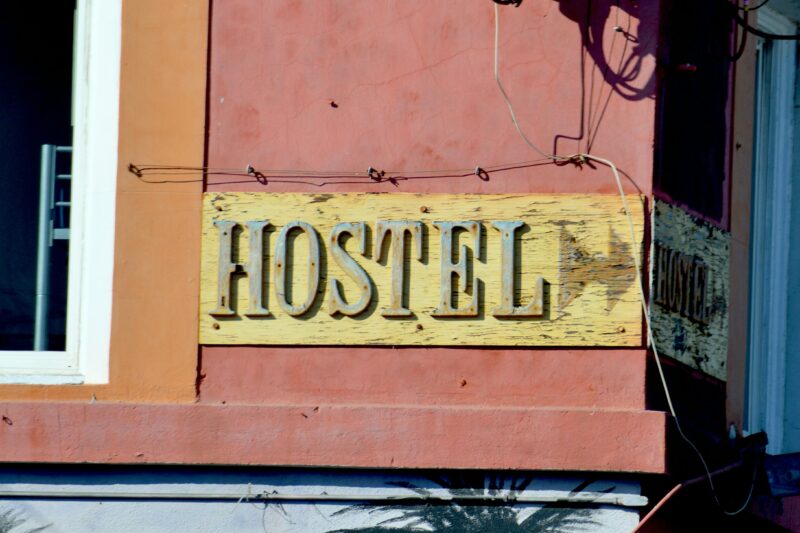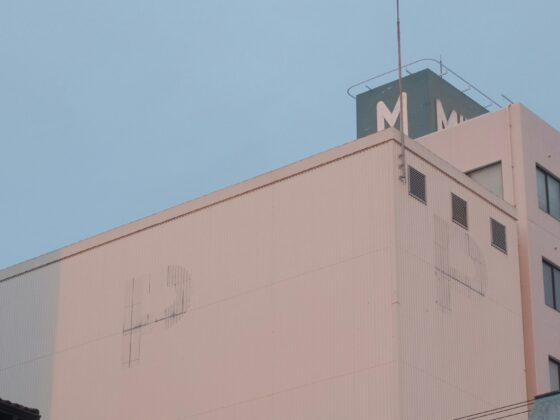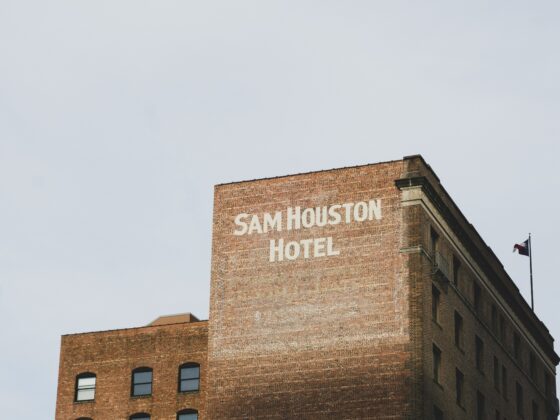The hotel meeting and events business is a lucrative segment, with corporations and organizations continually seeking venues for conferences, seminars, weddings, and social gatherings.
For hotels looking to maximize topline revenue and profit in this competitive market, understanding the following key drivers of success is essential:
- Brand
- Marketing
- Product
- Pricing
1. Building a trusted brand
A strong brand is a powerful asset in the meeting and events business. It helps establish trust, which is particularly important in events, where clients need assurance that these will be executed flawlessly.
Brands that resonate emotionally with clients can build loyalty, as clients often choose venues that reflect their values and image. If you’re a well-established brand you can also command higher prices due to perceived value.
Create a strong brand image
- Know your audience.
- Define your value proposition.
- Establish your visual identity.
- Create your brand archetype and personality.
- Cultivate brand consistency.
2. The power of marketing
Marketing plays a pivotal role in attracting clients. Effective marketing strategies can increase visibility through targeted advertising, social media campaigns, and search engine optimization, helping potential clients become aware of the services offered.
Engaging with clients through email marketing, loyalty programs, and personalized communication fosters strong relationships, encouraging first-time bookings, repeat business, and word-of-mouth referrals.
Marketing also allows you to showcase your facilities, location, and exceptional service, which is crucial in a crowded marketplace.
Differentiate yourself
- Use storytelling.
- Target your most valuable customers.
- Use target social media campaigns.
- Be innovative with your loyalty programme.
- Take advantage of collaborations and partnerships.
- Master content marketing.
- Share user-generated content.
3. Delivering a quality experience
The product — your meeting and events facilities and services — are critical.
The quality of your product can significantly impact revenue and profit. High-quality facilities, modern amenities, and excellent service, can attract a diverse range of clients, with hotels that invest in their product often seeing higher booking rates.
Features such as advanced audiovisual equipment, flexible space configurations, and unique event experiences can set your hotel apart from the competition.
Get ahead of the game
- Enhance guest experience: Incorporate technology and new ideas to offer more personalized and memorable guest experiences.
- Improve operational efficiency: Streamline processes such as check-in/-out to reduce impact on resources.
- Stay competitive: Adopt new technology to help differentiate yourself from competitors and change your offering to meet evolving customer needs.
4. Being strategic with pricing
Pricing is a critical factor in driving topline revenue and profit.
Dynamic pricing strategies, which adjust prices based on demand, can help maximize revenue, offering discounts during low-demand periods and premium pricing during peak times, optimizing occupancy and profitability.
Pricing strategies that align with the quality and brand positioning of the hotel can enhance perceived value, with clients often associating higher prices with higher quality, provided the product and brand support this.
The role of data-driven revenue optimization
Optimizing all these parts is only possible by implementing revenue optimisation through data-driven decisions with supporting, relevant technology. Data is ultimately going to assist you in identifying opportunities, and understanding the impact of marketing and pricing.
Data analytics can reveal trends and patterns that highlight potential areas for growth and improvement, helping you tailor your offering to meet market demands. It allows you to measure the effectiveness of marketing campaigns and pricing strategies, refining approaches to maximize revenue and profitability.
Tracking data from lead generation through to booking provides insights into the entire sales and marketing funnel, allowing you to identify bottlenecks or inefficiencies in the booking process.
Common meetings and events KPIs
- Traffic and conversion (online booking widget).
- Conversion per salesperson.
- Revenue per square foot/meter.
- Revenue mix (rental, F&B, etc.) per booking type.
- Average revenue per event and per delegate.
- Leads and response times.
- New customers.
- Occupancy per meeting room.
- Lost and canceled events per salesperson, and lost reasons.
- Revenue per salesperson.
- Revenue and bookings per discount code.
- Revenue per booking source.
- Lead time per event size.
A synergistic approach
In the hotel meeting and events business, no single factor — brand, marketing, product, or pricing — can independently drive topline revenue and profit. Instead, a synergistic approach that combines all four elements is essential for success.
Branding builds trust and differentiates your hotel in a competitive market, marketing creates awareness and attracts clients, product ensures client satisfaction and repeat business through quality and innovation, and pricing balances competitiveness and profitability.
Ultimately, the implementation of revenue optimization through data-driven decisions is crucial. Data provides the insights needed to identify opportunities, understand the impact of marketing and pricing strategies, and gain a thorough understanding of the entire booking process.
By harnessing the power of data, you can achieve a holistic approach that maximizes revenue and profit in the competitive world of hotel meetings and events.





